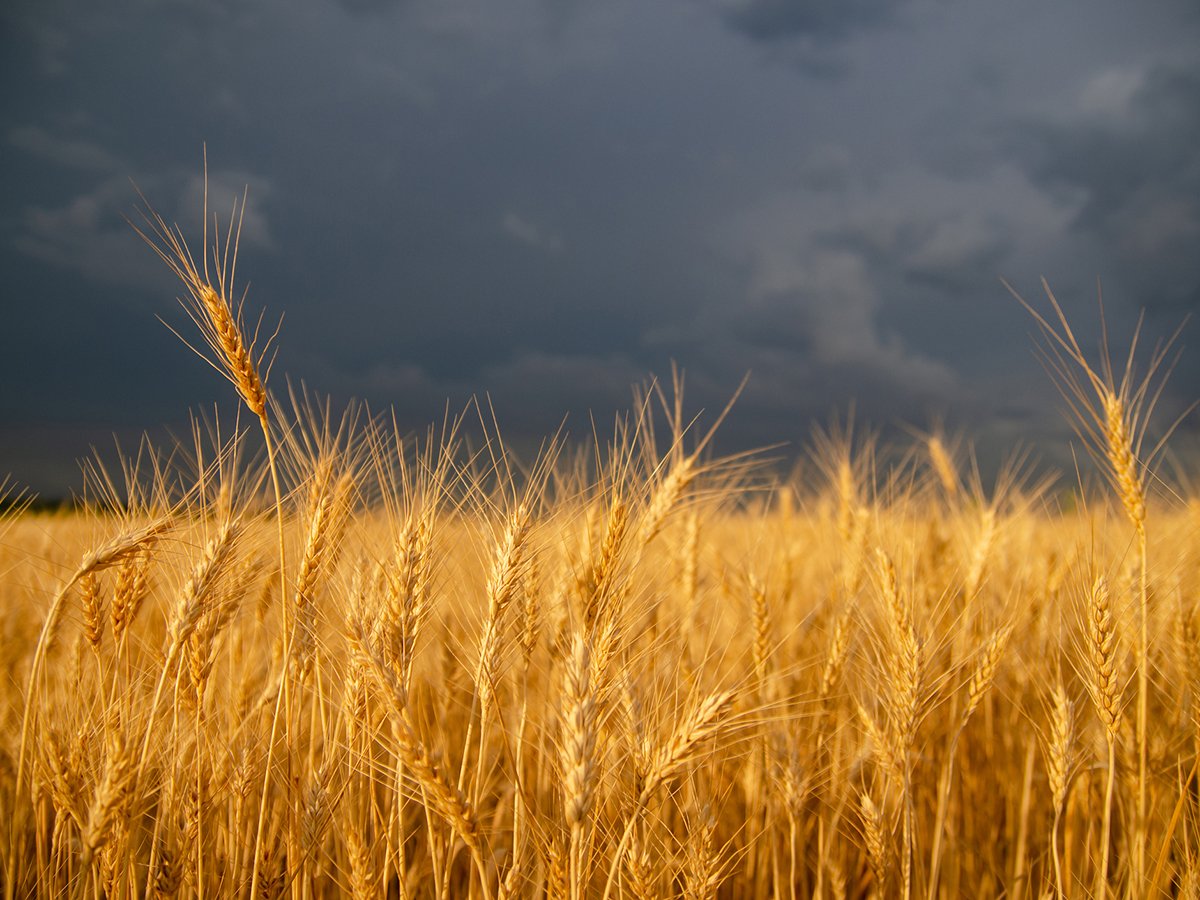ORGANIC producers can rightly be called modern day pioneers. They cleared new paths in an industry that was and still is largely geared to high-yield, chemical-use farming. Organic producers can credit their determined individualism for the success they enjoy today.
However, that same individualism may now be slowing progress, as the organics industry moves into more mainstream society.
As organic products gain popularity, quality assurance demands from processors also grow as they respond to consumer demands.
And it’s no wonder consumers demand stronger guarantees of food purity and traceability. We live in an age when food scares have become hot topics. As governments and industries respond in the wake of BSE, E. coli and other food issues, society at large has gained a heightened awareness.
Read Also

Late season rainfall creates concern about Prairie crop quality
Praying for rain is being replaced with the hope that rain can stop for harvest. Rainfall in July and early August has been much greater than normal.
That leaves organic farmers with no choice but to adopt tough national standards to ease public wariness.
The patchwork quilt of regulations governing the various organic bodies in Canada is no longer enough to win consumers’ trust in key markets such as the European Union.
Organic organizations that can meet standards set out by destination countries will have access to some of these markets. But without a national standard, Canadian organic growers will find it difficult to claim that they can consistently supply quality organic foods, even though they have supplied reputable organic products for years.
Now they have to be able to prove it.
Over the years, few issues have raised as much controversy in the organics industry. There are numerous organic organizations representing growers, processors and marketers. There are just as many opinions on which path leads to the brightest future for the industry.
But the time for debate is ending.
Barring a last minute change of heart by the EU, the Canadian organic industry will be shut out of European markets in 2006. Canadian national standards are not strong enough to get on the EU’s list of approved trading partners and negotiations to get on that list take a minimum of two years.
The Canadian organic industry must develop national standards now to measure up to EU requirements.
These standards could even be voluntary if members preferred, allowing those who do not want to ship to the highly regulated markets to opt out. Other shippers may be able to get individual EU accreditation. Those who choose to stay out of the national standard would not receive official approval from the national regulator.
Developing such national standards is the only way Canadian organic growers can assure customers that their products meet standards set out by the importing countries. Clearly, industry wide co-operation is urgent.
















